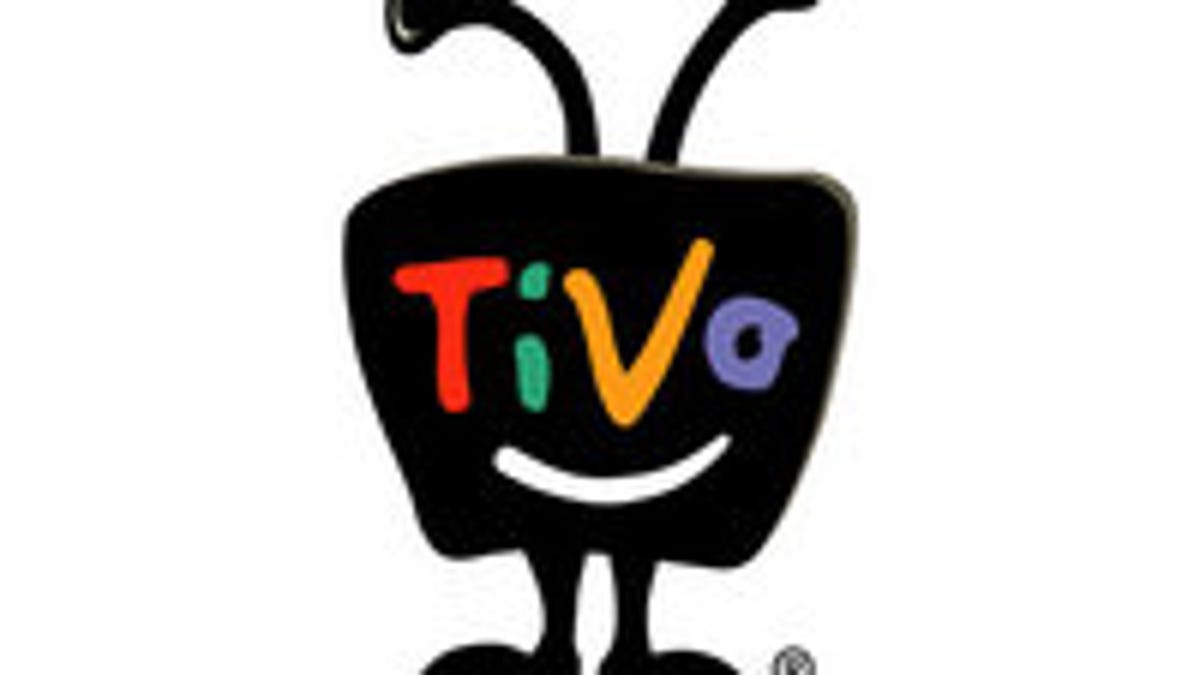Seven's TiVo gets commercial TV go-ahead
The introduction of TiVo in Australia has overcome its first major hurdle with all of the commercial networks agreeing to share program guide data, according to a leading media broker.

The introduction of TiVo in Australia has overcome its first major hurdle with all of the commercial networks agreeing to share its program guide data, according to a leading media broker.
Harold Mitchell, chairman and CEO of Mitchell and Partners, Australia's largest independent communications group, claims that an agreement between the networks has been struck.
Mitchell said he spoke to Channel Seven CEO David Leckie this morning who confirmed the deal: "The free-to-air TV networks have agreed to the programming guide," Mitchell said.
However, he said that this didn't mean that Foxtel, which sells the TiVo-like Foxtel iQ, would be able to use the programming guide information from Seven and Ten: "Not at the moment ... they hate each other."
Foxtel customers currently receive analog transmissions of channels Seven and Ten, which are supplied without any programming information.
TiVo was introduced in the US in 1999 and has since become the defacto standard there for PVRs. The machines have the capability to record both cable and free-to-air television, but this is unlikely to be possible with Australian machines.
Mitchell claimed that Tivo wouldn't negatively affect ad revenues, but have the opposite effect: "People are able to ignore ads now -- they can change the channel. TiVo hasn't affected viewing in the US, and it will have the effect (in Australia) of increasing viewing five to ten percent. I think TV networks will adopt this without any trouble at all."
The Seven-backed TiVo systems will be available in 2008, and while a monthly subcripton fee will be charged, the actual amount is yet to be announced.
"TiVo will be priced to make it an attractive option, as opposed to the US where you have to pay $400 upfront" Mitchell said.
Representatives from Channel Seven were unavailable for comment.

